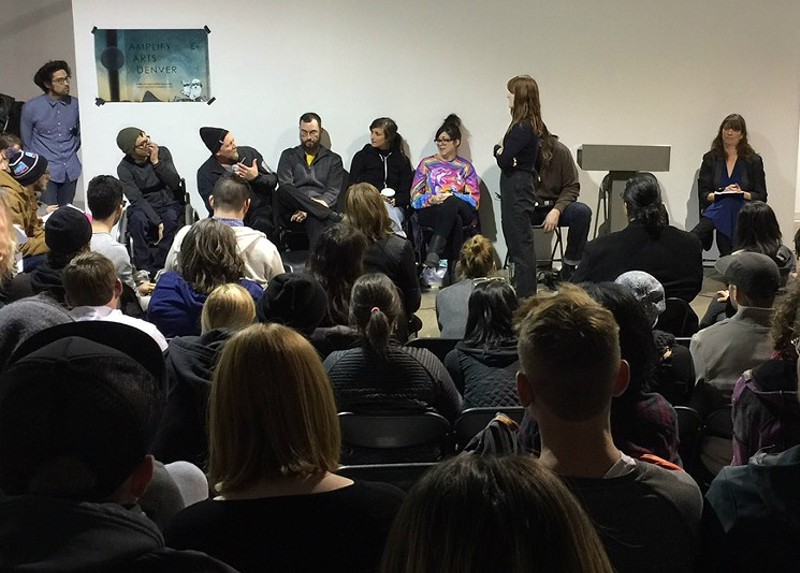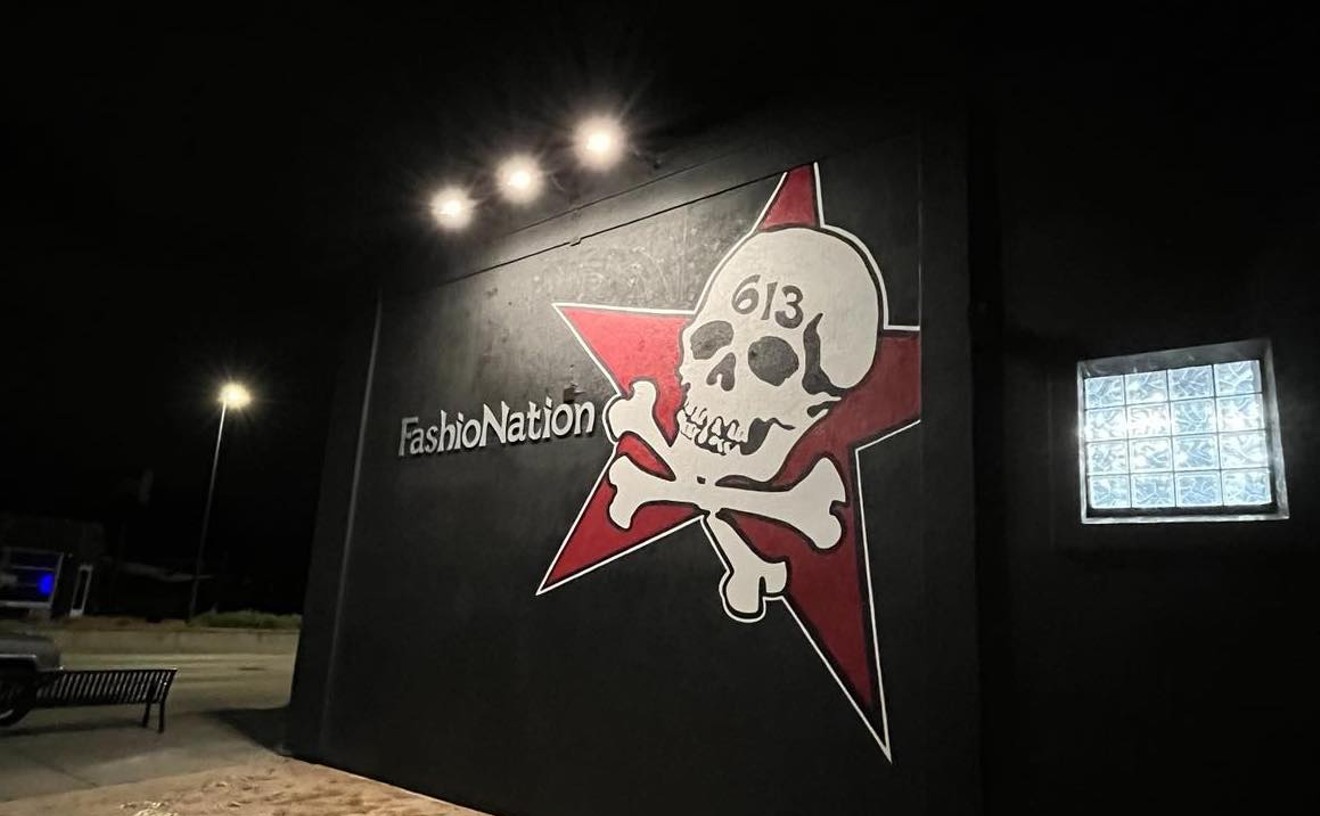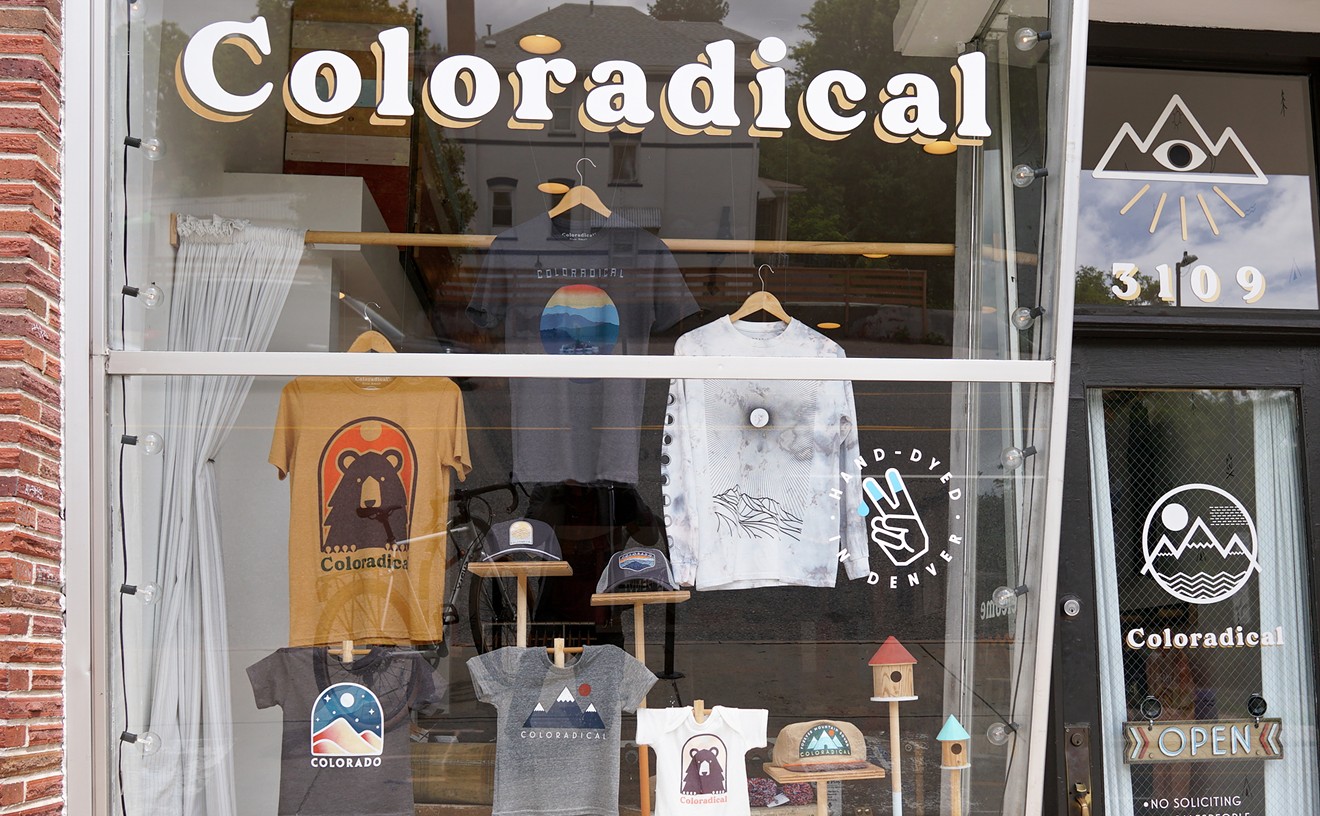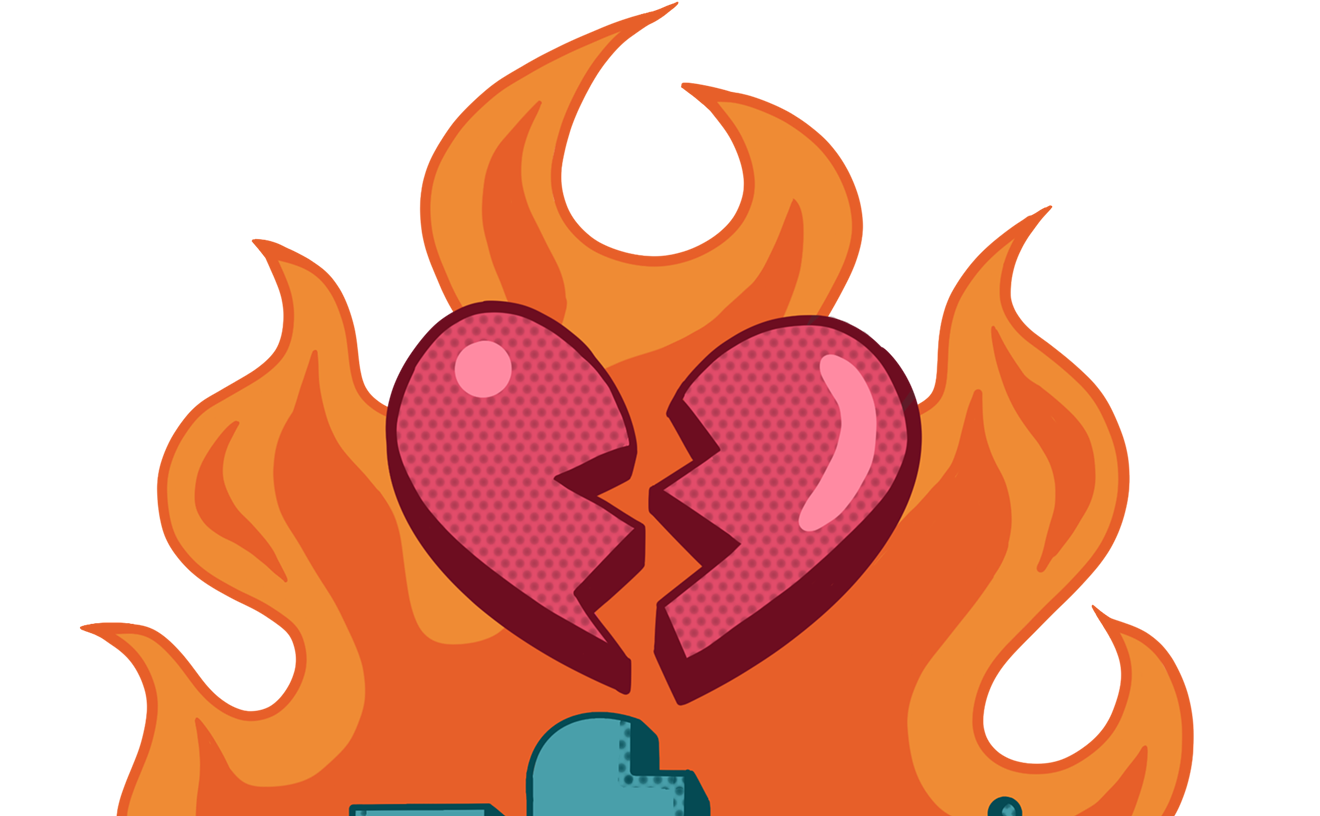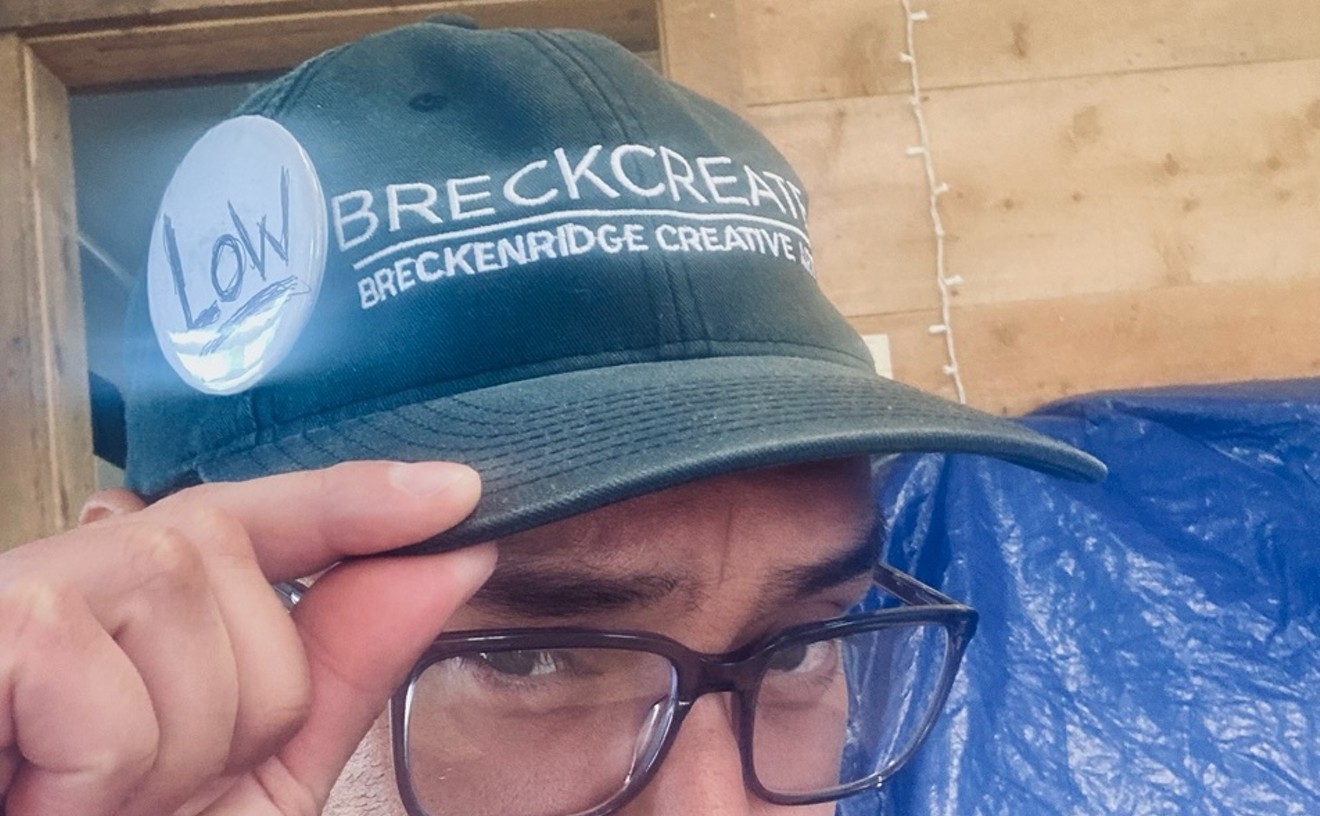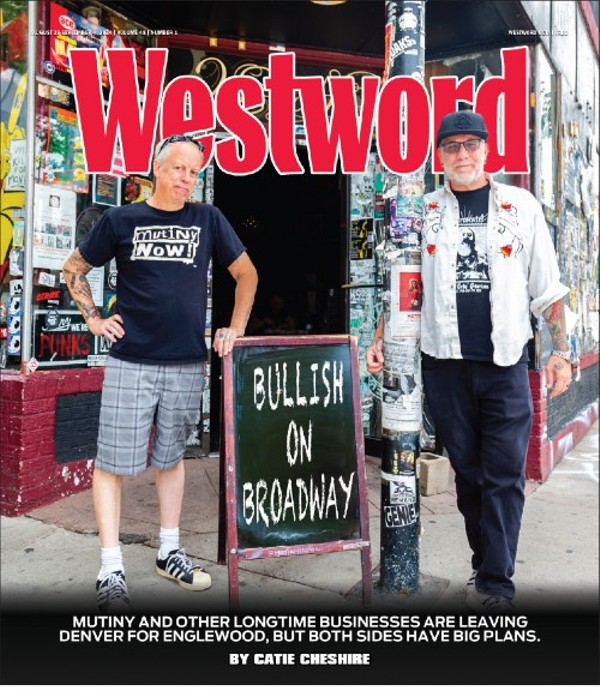Although the program's creation was certainly propelled by the December 2 fire that killed 36 at the Ghost Ship space in Oakland (two people were charged with manslaughter in connection with the incident), Brad Buchanan, CPD executive director, says that even before that tragedy, his office and the fire department were seeing an "increase in calls for unpermitted spaces" and "affordability issues on multiple levels."
While Buchanan notes that the program the city proposed for bringing unpermitted spaces back online can be used by tenants and owners of other structures, concerns about the city's creative community were foremost. "They are our storytellers, our truth tellers," he says. "Their role in bridging the gap is unique."
And those artists plan to tell some truths to the city at today's Denver City Council committee meeting where the proposal will be introduced.
In anticipation of that, Amplify Arts Denver, which emerged in the wake of the Ghost Ship tragedy and held an organizational meeting in January to discuss the city's stance on DIY spaces, issued a statement on June 27 calling the Safe Occupancy Program "deeply flawed." Here's Amplify's accompanying announcement:
You can read more about the proposed Safe Occupancy Program ordinance here.
The program is a step in the right direction in terms of helping stop the displacement of people from their spaces, giving participants a two-year window to address code issues, but the Safe Occupancy Program is written to heavily favor building owners, perpetuating the cycle of gentrification. As the bill stands now, we see the program as nothing but a public relations move and it contains several loopholes that could further endanger our city’s creative community and anyone who is in a tenant/landlord relationship. The majority of the people who are being affected by the City’s surprise inspections and by rising property values are renters. The proposed Safe Occupancy Program does not offer any solutions for holding negligent building owners accountable for unsafe buildings; instead, it punishes tenants, asking them to bear the brunt of the enormous cost of bringing their spaces up to code, while also risking eviction. This loophole or oversight makes it less likely for tenants to enroll in the program to ensure the spaces they work in are safe.
After the sudden evictions and closures of two of Denver’s longest-running community art spaces on Brighton Blvd,. Rhinoceropolis and Glob in December of 2016, the City of Denver has proceeded to carry out surprise inspections on numerous other creative spaces throughout Denver. Many of these creative spaces have been forced to close permanently due to lack of support from their landlords and/or building owners. As written, the new bill would only allow participation by spaces that come forward after June of 2017; as such, the Safe Occupancy Program does nothing to protect or help the tenants of spaces already visited by the city, many of whom are struggling to get their buildings up to code with costly repairs.
The City’s proposed Safe Occupancy Program also requires both tenants and landlords to come forth voluntarily to disclose any unpermitted work that has been done in the past and to then come up with a compliance plan. The language in the bill as to what constitutes “unpermitted work” is vague at best and the City’s website also states that this bill will “incentivize owners and tenants of unpermitted spaces to come forward.” What exactly is the incentive that the City of Denver is offering here? Is this bill about unpermitted work or unpermitted spaces?...
Tenants who do wish to come forward and work with the City are also at risk of eviction from uncooperative landlords. The bill provides no safety net for those tenants and if anything, is ripe for abuse by developers, landowners and building owners who may use it as a way to evict tenants and raise rents.
Also missing from the language of the bill and the City’s website is the fact that people who choose not to come forward and apply for the program (either out of fear or out simply not knowing about the program) will not be eligible to apply for the program if they are visited by the City during a “surprise inspection.” This likely means we will see additional evictions occurring in the future.
While we see the Conditional Certificate of Occupancy that the bill offers for tenants working with the City of Denver as a great step forward, the bill does not protect tenants enough, in cases where the City deems a space as having “life safety issues” from immediate eviction.
We recommend the following amendments be added to the bill:
- In the case of uncooperative building owners, tenants who participate or try to participate in the program are assured a ninety-day window to remain in their buildings, if the owner decides to evict them or not to participate in the program.
- All creative and artist-operated spaces that have faced surprise inspections from the City of Denver since December of 2016 will be allowed to participate in the Safe Occupancy Program.
- The bill will clearly define the following terms: “Tenant,” “Owner,” “Unpermitted Work,” “Unpermitted Space.”
The closure of Denver’s creative spaces impact not only the tenants but entire communities as well as local economies. Denver needs to do a better job of addressing tenant’s rights throughout our city.
The committee meeting where it will be introduced starts at 10:30 a.m. this morning in room 391 of the Denver City & County Building, 1437 Bannock Street. Public comment will be accepted; sign up to speak at 10 a.m. Community Development and Planning will address Amplify Arts Denver's concerns "directly or indirectly" at the meeting, according to CPD's Andrea Burns.

